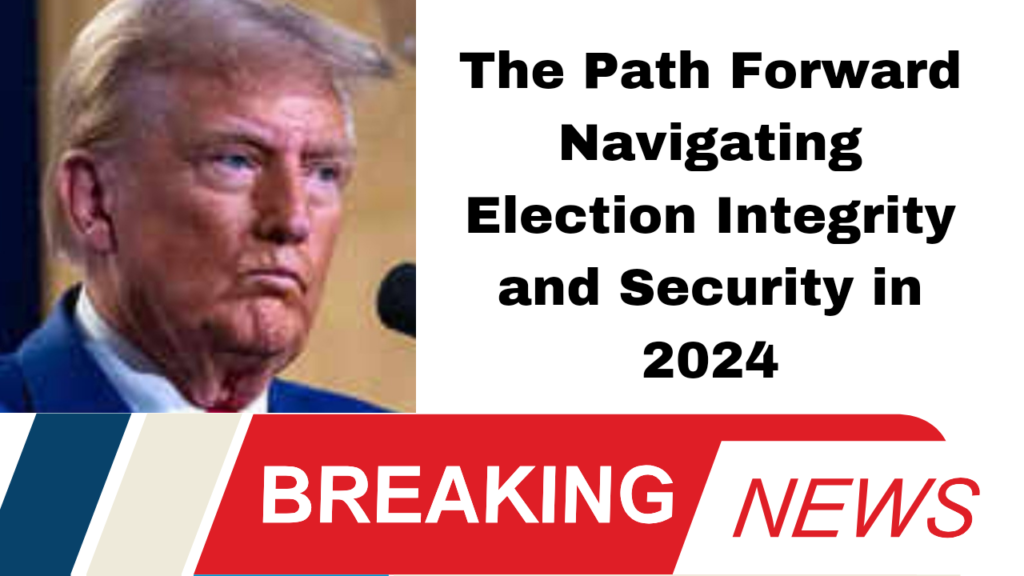As the 2024 election approaches, former President Donald Trump has intensified his unsubstantiated claims that Democrats are scheming to “cheat” or “steal” the election. This rhetoric raises concerns that Trump may be preparing to contest the results, particularly if Vice President Kamala Harris secures victory. However, experts highlight that the electoral landscape has changed significantly since 2020, introducing new legal protections that make it challenging for such attempts to succeed.
New Legal Frameworks Safeguarding the Electoral Process
Following the January 6 insurrection, Congress enacted the bipartisan Electoral Count Reform Act in 2022. This legislation aims to streamline the electoral vote process, ensuring that disputes are resolved swiftly in federal courts. Legal experts like Richard Hasen, a law professor at UCLA, note that the current protections create a robust framework against potential efforts to undermine the electoral process.
In the wake of the 2020 election, Trump attempted to overturn the results through pressure tactics on state officials, numerous lawsuits, and calls to his then-Vice President Mike Pence to refuse certification. However, these efforts were largely rebuffed by state officials and the judiciary. This time around, Trump lacks the executive power that once supported his claims, which adds to the difficulties he may face.
Should Trump seek to challenge the election results, he has two potential strategies. The first involves attempting to delay the certification of results by alleging irregularities. However, state officials in swing states like Pennsylvania and Arizona have publicly committed to upholding the law and have expressed readiness to take legal action against any attempts to disrupt the certification process.
The second path for Trump would require navigating the complexities of Congress. This scenario hinges on the Republican Party gaining control of both chambers and asserting that the Electoral Count Reform Act is unconstitutional. Even if this were to occur, legal analysts, including Matthew Sanderson, suggest that it is unlikely that GOP members who supported the reform would flip their stance quickly.
Trump’s ongoing rhetoric has heightened concerns about the possibility of unrest following the election. Federal, state, and local officials are on high alert, particularly given the potential for violence at polling sites and state capitals. Anti-government groups, having mobilized since the events of January 6, are being closely monitored by law enforcement agencies.
In response to these concerns, security measures at polling places have been significantly increased. States are implementing heightened police presence, and some jurisdictions are taking drastic steps, including the deployment of snipers and drones to monitor counting centers.
Given the array of legal and political obstacles facing any attempts to overturn the election results, experts argue that Trump’s most viable path back to power is through a legitimate electoral victory. As Richard Hasen aptly puts it, the focus should remain on ensuring the integrity of the electoral process, reinforcing the importance of democracy in the United States.











More Stories
Understanding America’s Regional Patchwork A Guide to the Key Political Areas
The Electoral College Debate A Closer Look at Its Impact on Modern Elections
November’s Unsettling Tropical Outlook Potential Storms Loom in the Atlantic